The forgotten refugees fixing bikes in the shadow of the Tour de France
Away from the cameras and sporting heroes are stories in every Tour de France location that get untold
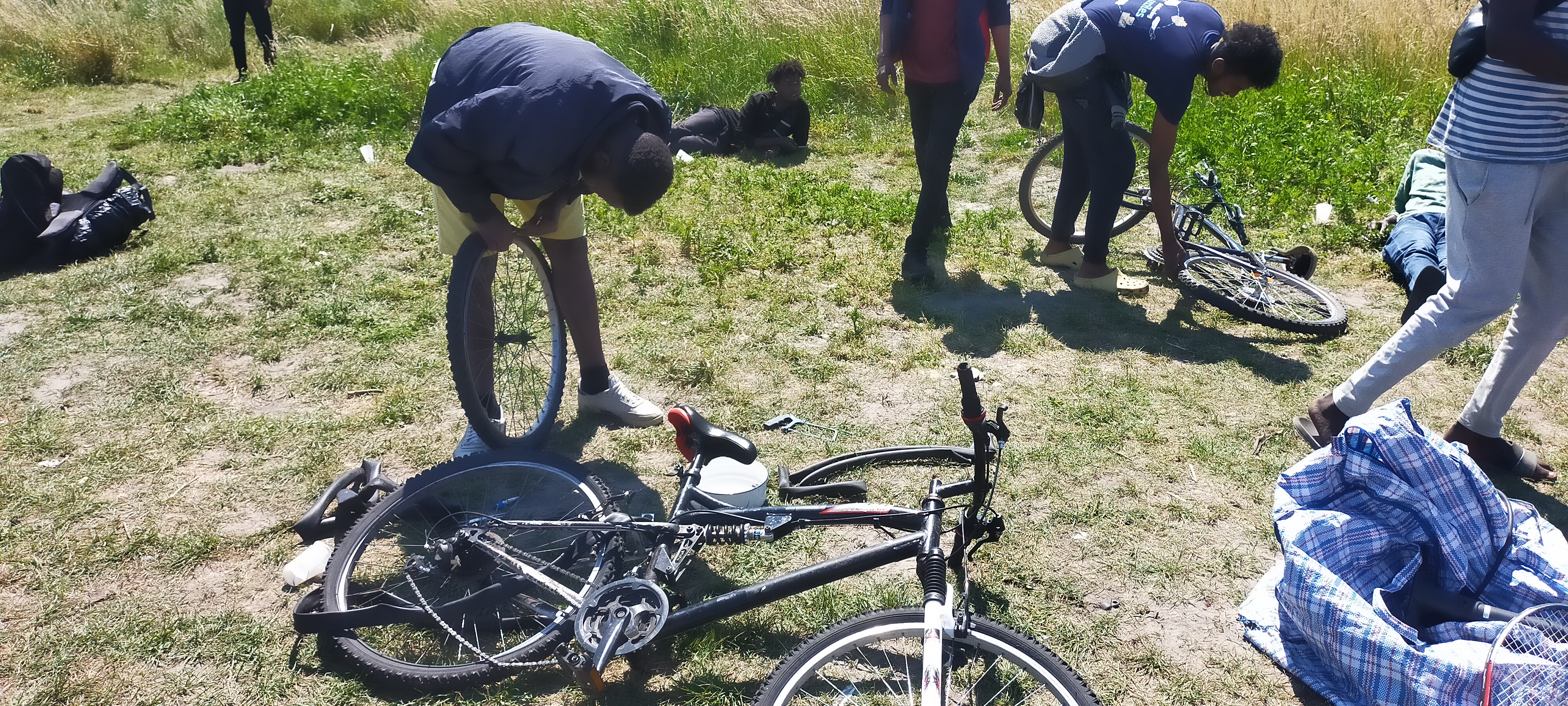

“The Tour de… what?”
It’s a bike race, lots of professionals are cycling around France, I explain again. And today they’re finishing a little over three kilometres from here. Ashraf shrugs his shoulders. He’s bored of this conversation. What on earth is this man talking about, I imagine he mutters to himself.
I wander over to Mo, standing tall over six feet and wearing a bobble hat despite the 25 degrees. I query if he too is aware that the Tour de France, the biggest sporting spectacle in the world, is just over the road. That’s why those helicopters are in the distance, I point out. “No, what’s that?”
As the yellow jersey Wout van Aert launches his stinging attack on Côte du Cap Blanc-Nez, the British charity organisation Care 4 Calais are packing up their red Ford Transit van after another afternoon of helping up to 300 Sudanese refugees, including fixing their essential bikes, in a nondescript overgrown grassy plain just on the outskirts of Calais.
Here lies the hopes and aspirations of hundreds of young men fleeing persecution and seeking an improbable but ambitious life in the United Kingdom. The average age is around 25, but some are as young as 14.
Most are smiling - there’s a community of friends here, for many have been reliant on these pop-up events for several months just to stay alive - but that masks the desperation, the anger and the hopelessness in the face of aspiration. No one is keen to be photographed as they fear being identified.
We tell ourselves, and the pictures reinforce the narrative, that entire towns come out to watch the Tour de France, that shops shut early, workers are given the afternoon off, and every inhabitant comes down to the roadside to catch a glimpse of the world's best fly past them.
Get The Leadout Newsletter
The latest race content, interviews, features, reviews and expert buying guides, direct to your inbox!
The idyllic images on TV, the sunflower fields or the white cliffs by the coastline, go alongside the free history lesson of the châteaus and the monasteries provided by the commentators. The Tour de France makes you want to go on holiday to these most fairytale of landscapes and towns and cities, where utopia exists and sporting excellence thrives.
It is the best of France, but there is another side.
For every town that the Tour de France passes through, there are, like in any country, a multitude of societal issues in the background. The Tour doesn’t have to reflect on them, and nor, you could argue, should it, given that these days when the Tour comes to town is a rare opportunity for community spirit to thrive, for tensions and problems to be put to the back of the mind for a few hours.
Yet in Calais, on stage four, not everyone is aware of the Tour’s presence. Sami certainly isn't. Mahmoud, neither, nor a few hundred of his fellow Sudanese in this wasteland, surrounded by dozens of spaced-out and well-hidden tents young men call home, and many have done so for months. The Tour is as far removed from their life as is possible.
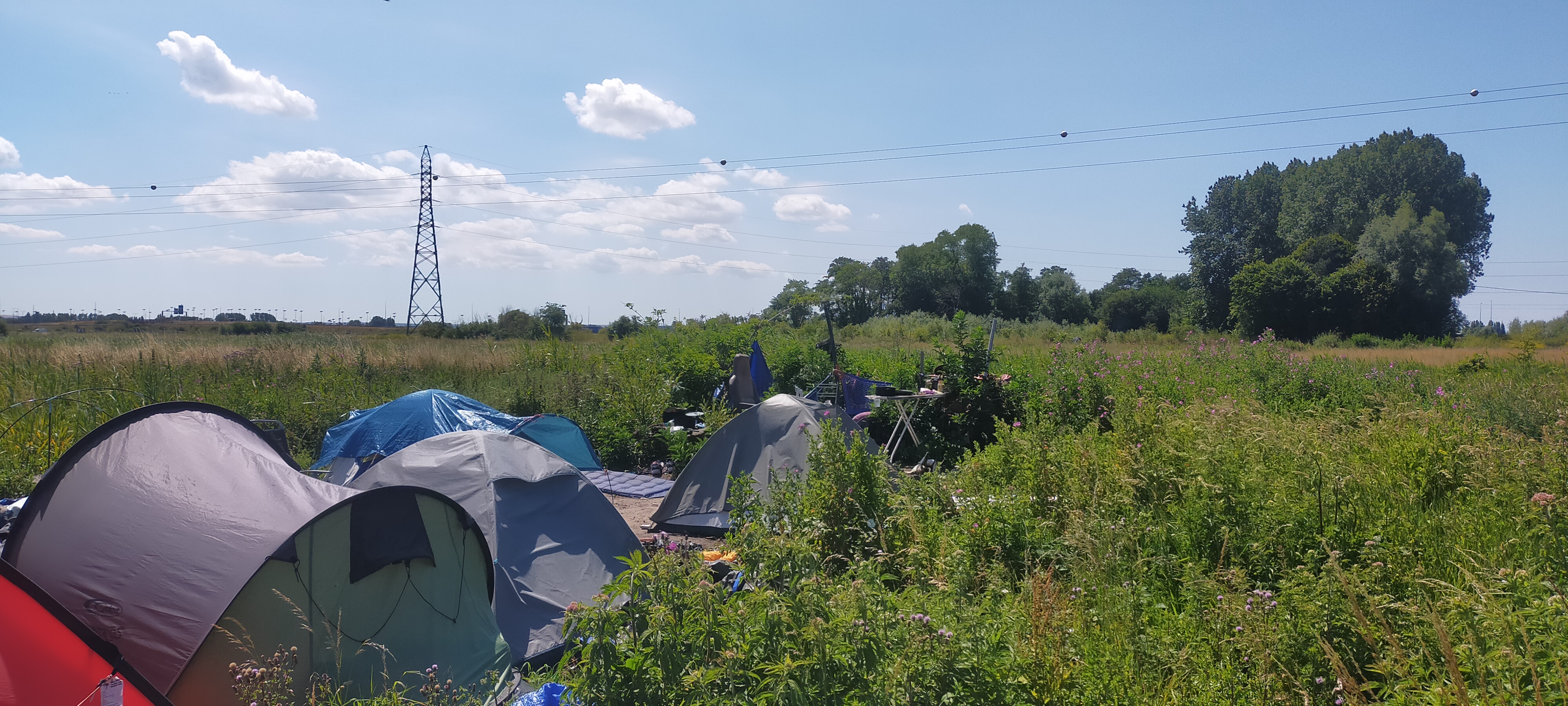
Cycling Weekly visited one of the areas in Calais where Sudanese refugees are staying
Earlier in the day, Care 4 Calais had spent the morning with around 50 Eritrean refugees, countrymen of Biniam Girmay. The Gent-Wevelgem winner is a national hero, a story of one of us making it out of an oppressive state which has enforced military service that is often indefinite. I imagine that if Girmay was at the Tour, the Eritreans would definitely have known about the race's visit.
Yet despite the complete obliviousness to the Tour, cycling is fundamental here. Amidst the English lessons, the mobile phone charging station and the games corner, there is also a bike repairing space, with two poorly-stocked boxes attempting to provide the tools and equipment to repair these vitally important modes of transport.
Hatim is trying to fix a very flat rear tyre. We take out the inner tube, but it’s already been punctured in three other places, patches clearly not providing a permanent solution.
We replace it with another inner tube, but the bike pump is damaged. After 10 minutes, we have a tyre inflated to about 15 PSI. It’ll do. Hatim smiles. He can get around town now.
“You know, bro,” he tells me, one of few with a very high level of English, “it allows me to go see stuff, you know. When my head is,” he puts his hands to his head and opens them up, as if depicting an explosion, trying to express the release of emotion, “I go into town over there and ride around. It’s freedom.”
For others, the bike is not just a method of exploring, but it’s a carrier. A young teenager fills up three 6l bottles of water, and cycles back through the overgrown wasteland with the water on his bike.
He lives multiple kilometres from here, pressed up against the edge of the motorway, invisible from almost every viewpoint. Without the bike, he’d have to carry all this water and food everyday on foot.
Another young guy on a bike comes over. The rear derailleur is attached to the bike with black tape, and the oxidised chain loops sadly over the front chainring. This is not a bike fit for purpose. But it’s his way of getting around, of transporting supplies.
A fellow refugee, whom he doesn’t know, appears and sets to work on fixing the derailleur. He doesn't have any spare parts, and nor are the tools sufficient. But, after 15 minutes, the youngster has remarkably stabilised the derailleur to the point where it will no longer move around, and also fitted new brake pads. He explains he was a car mechanic back home working for his dad until he had no choice but to seek a better life for him and his family.
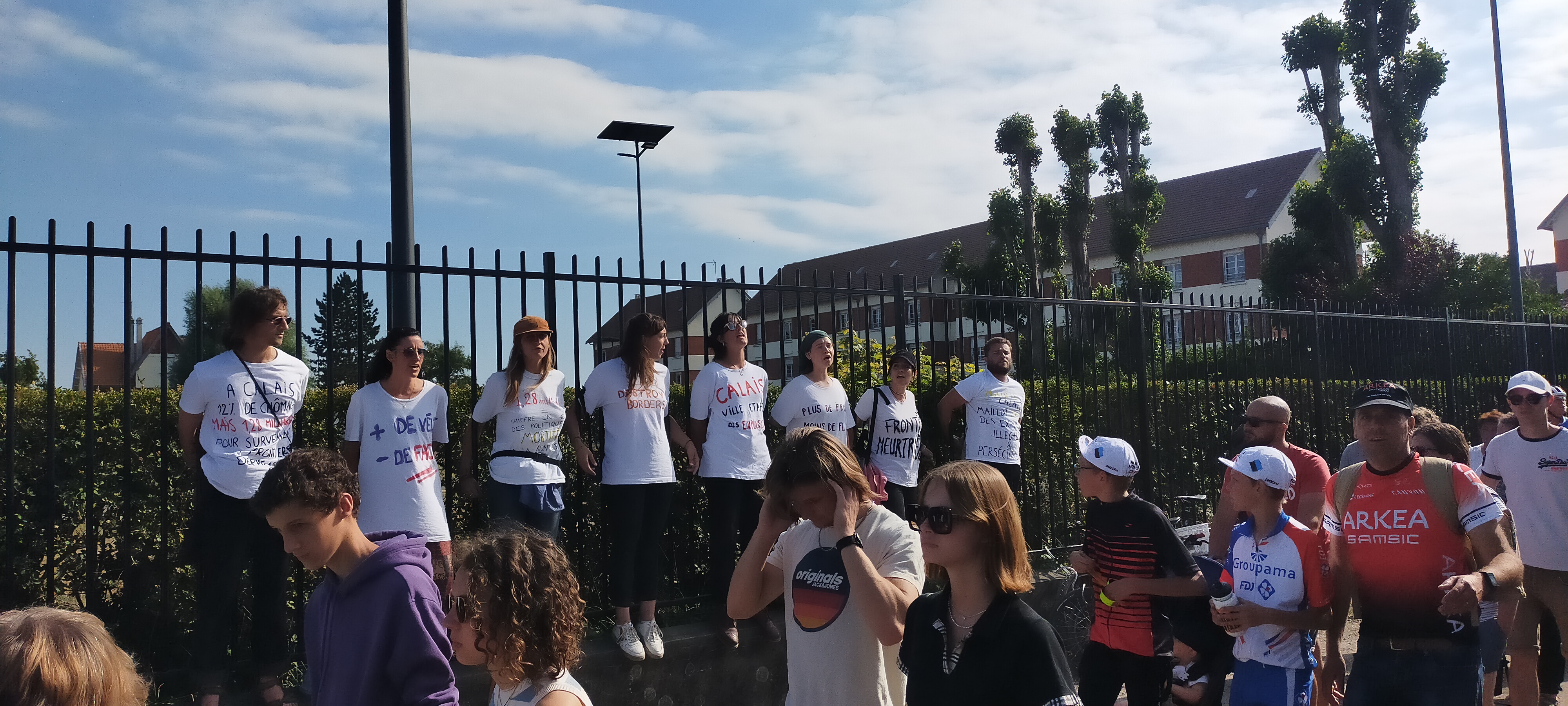
People chained themselves to a fence and protested against the treatment of refugees after the stage in Calais
I walk back to the finish line, back into the safe haven of the Tour de France, where the white elephant in the room of the refugee crisis can be forgotten about while the world watches Calais play host to a Wout van Aert masterpiece.
I get lost in the post-race melee of chasing comments from riders and sports directors. Just as I’m finishing up, I pass the Cofidis bus and notice eight French people have chained themselves to the nearby fence. They have written about the plight these refugees face on their t-shirts, and they’re chanting in support of them.
No-one notices. No-one cares. One man frowns at the noise they are making as he mistakes me for a team member and asks for a bidon.
Never mind those chanting, and never mind the refugees living and sleeping in conditions that should not be seen in Europe. We forget about them. They don’t exist when the Tour de France is on.

Thank you for reading 20 articles this month* Join now for unlimited access
Enjoy your first month for just £1 / $1 / €1
*Read 5 free articles per month without a subscription

Join now for unlimited access
Try first month for just £1 / $1 / €1
A freelance sports journalist and podcaster, you'll mostly find Chris's byline attached to news scoops, profile interviews and long reads across a variety of different publications. He has been writing regularly for Cycling Weekly since 2013. In 2024 he released a seven-part podcast documentary, Ghost in the Machine, about motor doping in cycling.
Previously a ski, hiking and cycling guide in the Canadian Rockies and Spanish Pyrenees, he almost certainly holds the record for the most number of interviews conducted from snowy mountains. He lives in Valencia, Spain.
-
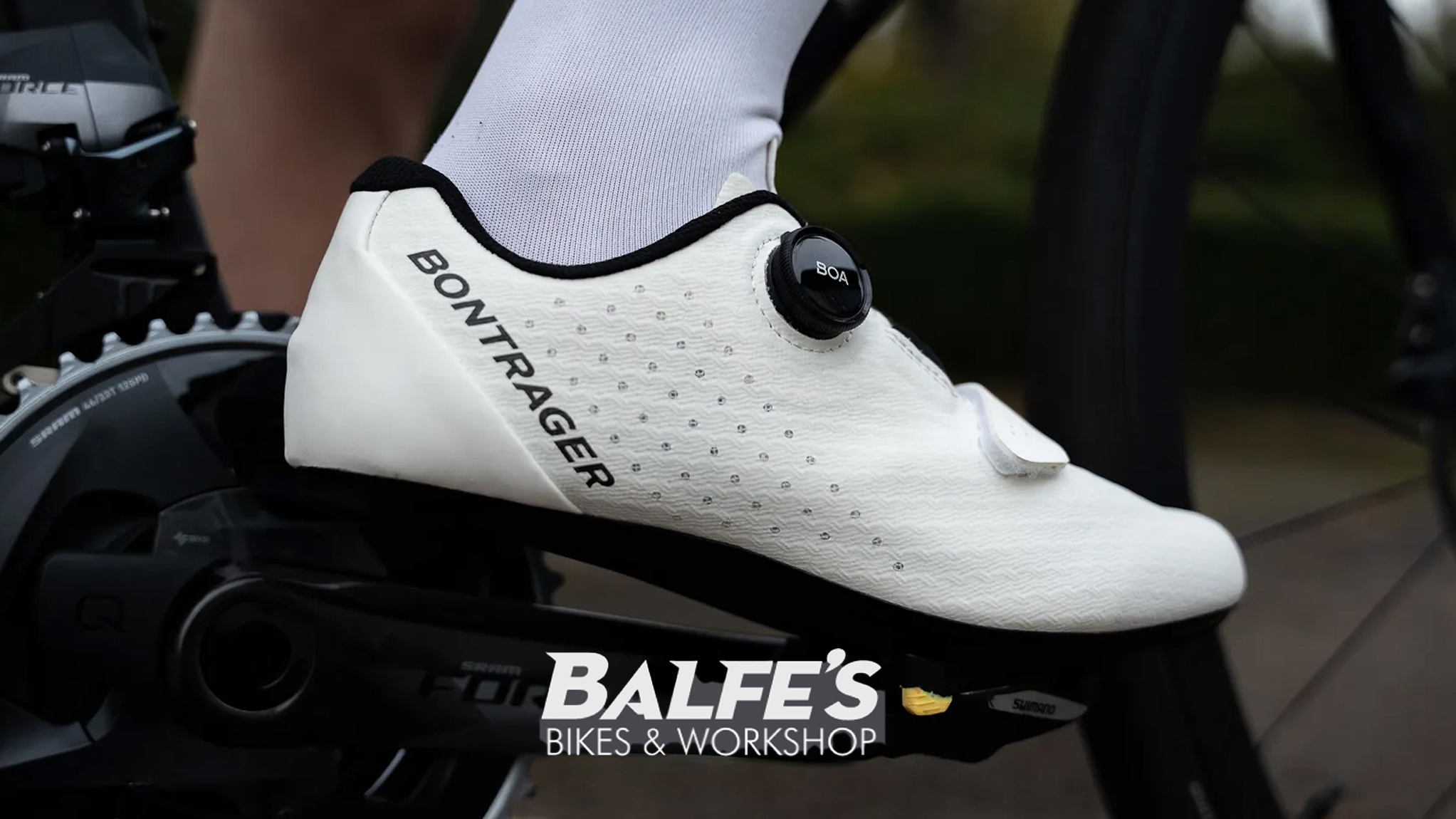 Gear up for your best summer of riding – Balfe's Bikes has up to 54% off Bontrager shoes, helmets, lights and much more
Gear up for your best summer of riding – Balfe's Bikes has up to 54% off Bontrager shoes, helmets, lights and much moreSupported It's not just Bontrager, Balfe's has a huge selection of discounted kit from the best cycling brands including Trek, Specialized, Giant and Castelli all with big reductions
By Paul Brett
-
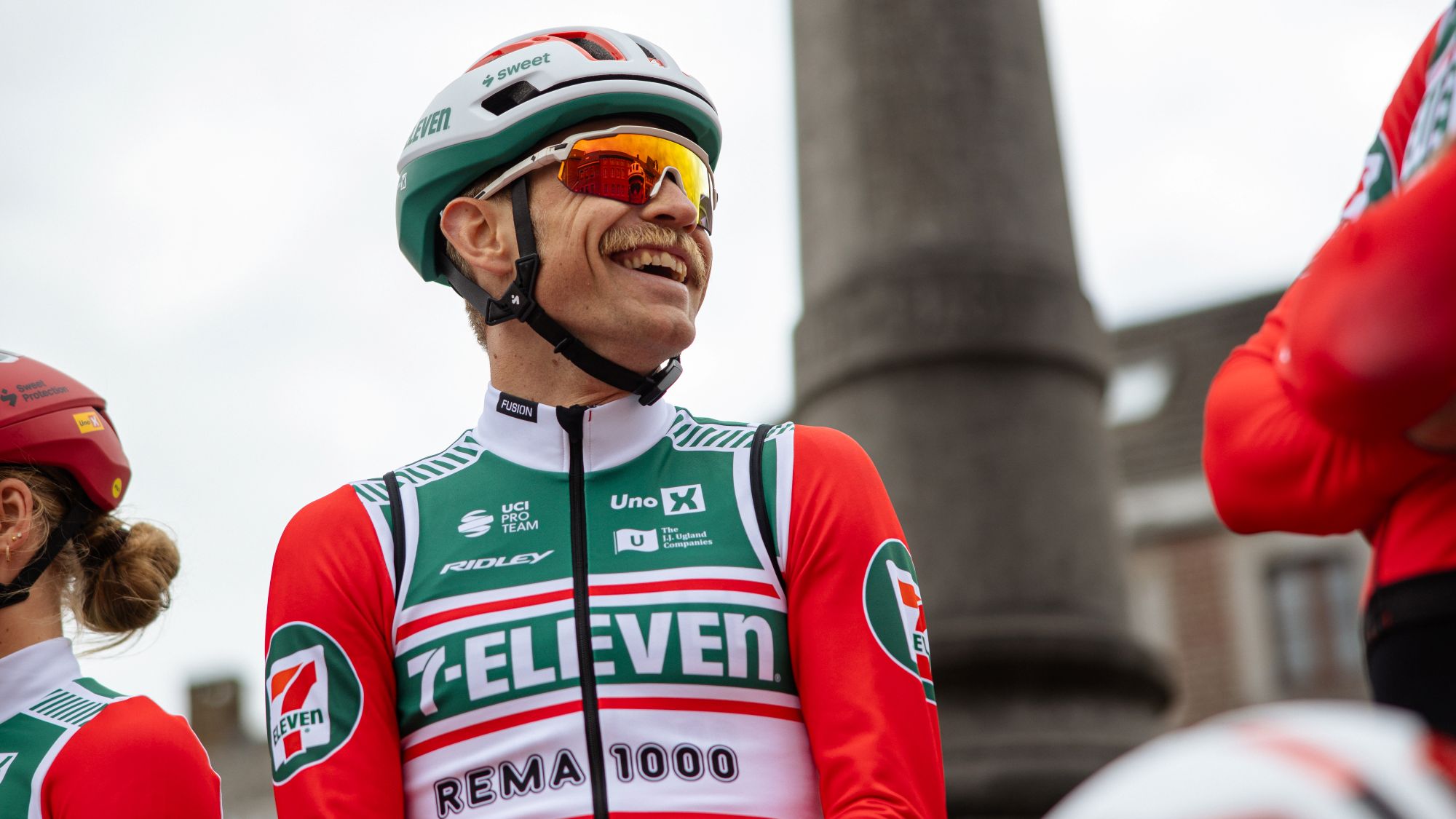 7-Eleven returns to the peloton for one day only at Liège-Bastogne-Liège
7-Eleven returns to the peloton for one day only at Liège-Bastogne-LiègeUno-X Mobility to rebrand as 7-Eleven for Sunday's Monument to pay tribute to iconic American team from the 1980s
By Tom Thewlis
-
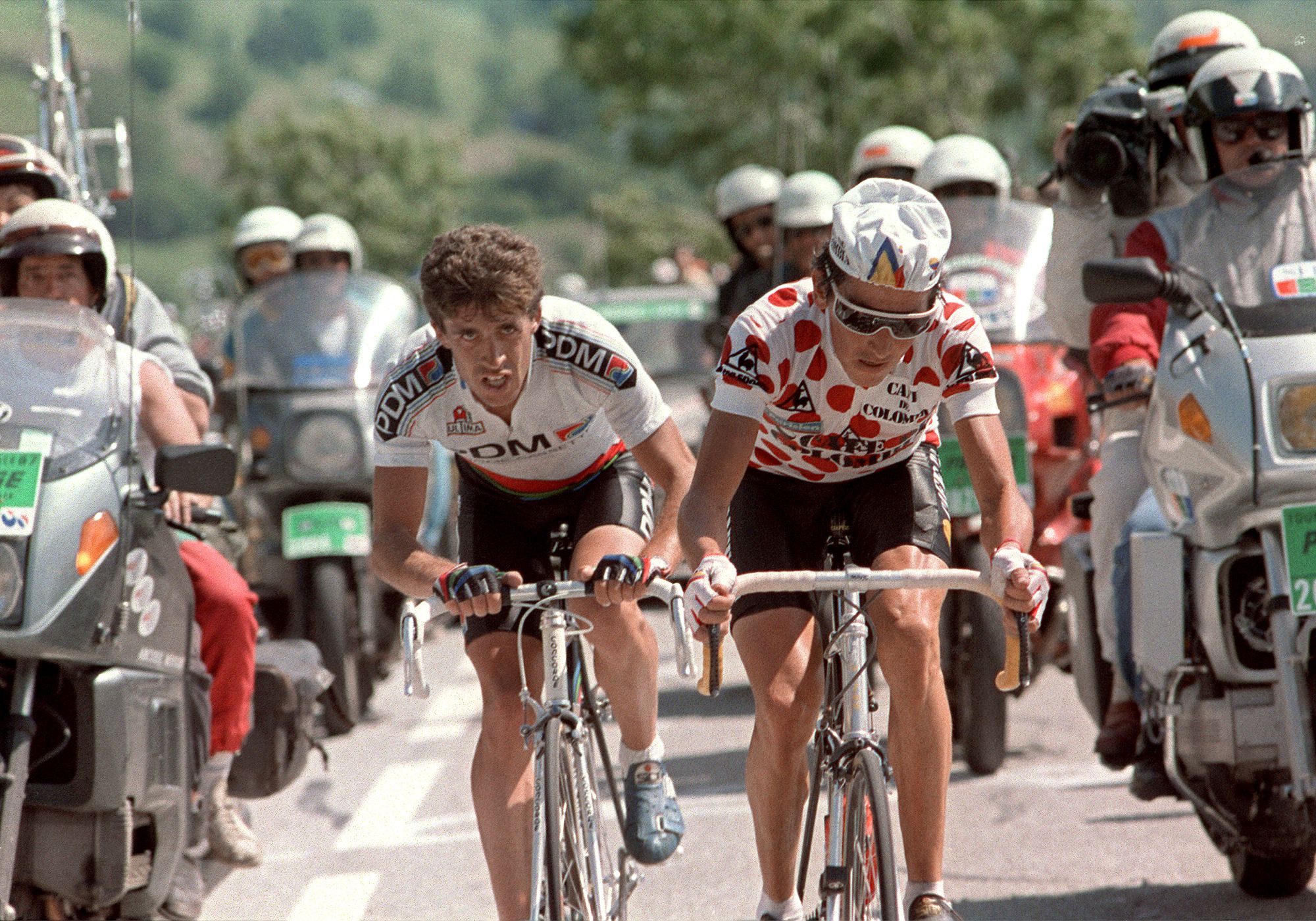 Colombian climbing star and former Vuelta a España winner Lucho Hererra could be investigated over murders of four people
Colombian climbing star and former Vuelta a España winner Lucho Hererra could be investigated over murders of four peopleA judge has called for an investigation into the former Vuelta winner who is alleged to have worked with paramilitary groups in Colombia
By Tom Thewlis
-
 'It's a great place to start' - Edinburgh MP 'absolutely' backs Tour de France Grand Départ in 2027
'It's a great place to start' - Edinburgh MP 'absolutely' backs Tour de France Grand Départ in 2027Scottish city expected to host opening stage of the Tour de France, according to reports
By Tom Davidson
-
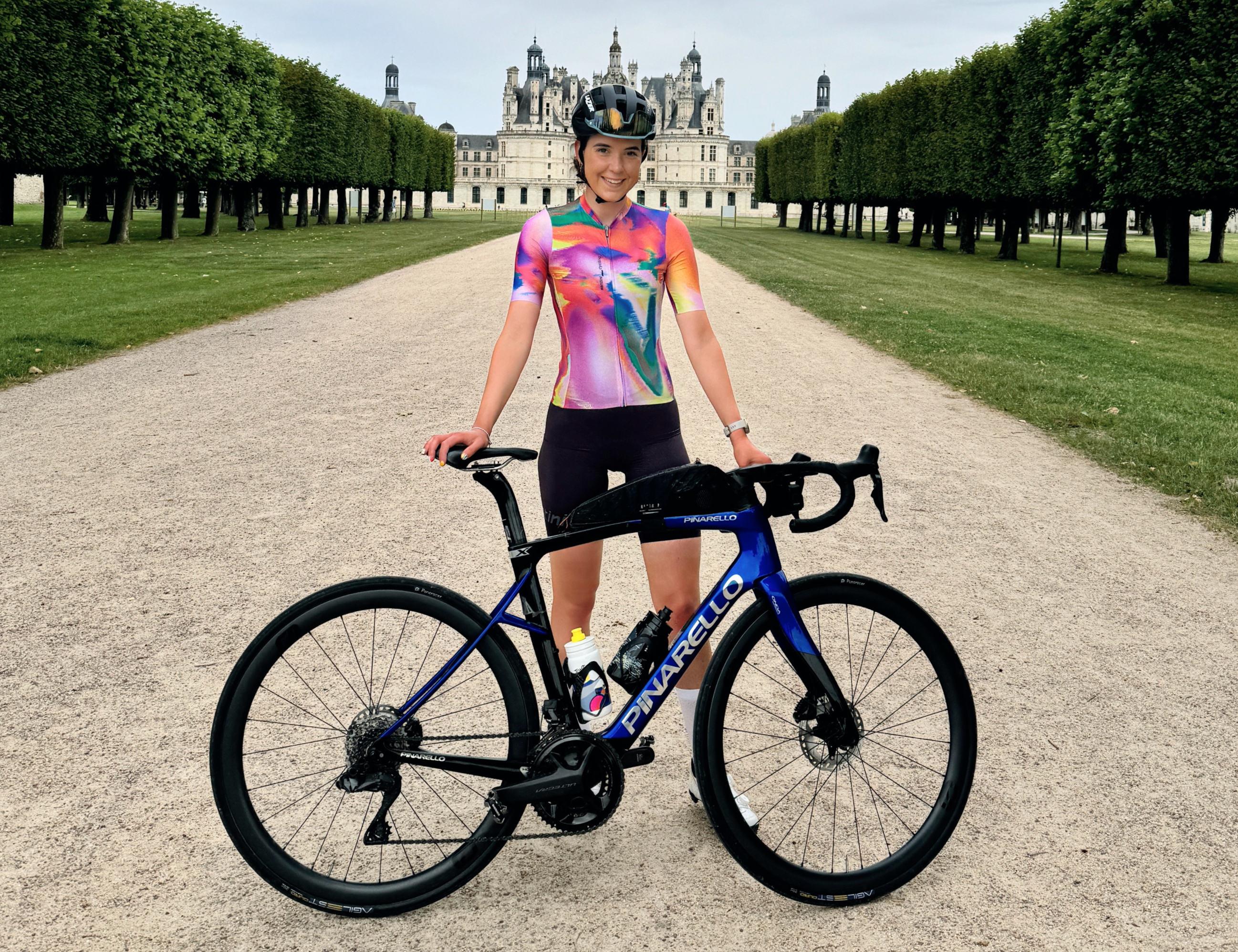 'I'm doing 1,000km more than Lachlan Morton' - Cycling influencer to ride every stage of the 2025 Tour de France
'I'm doing 1,000km more than Lachlan Morton' - Cycling influencer to ride every stage of the 2025 Tour de FranceAmy Hudson plans to ride the entire Tour route, including the transfers, totalling 6,300km
By Tom Davidson
-
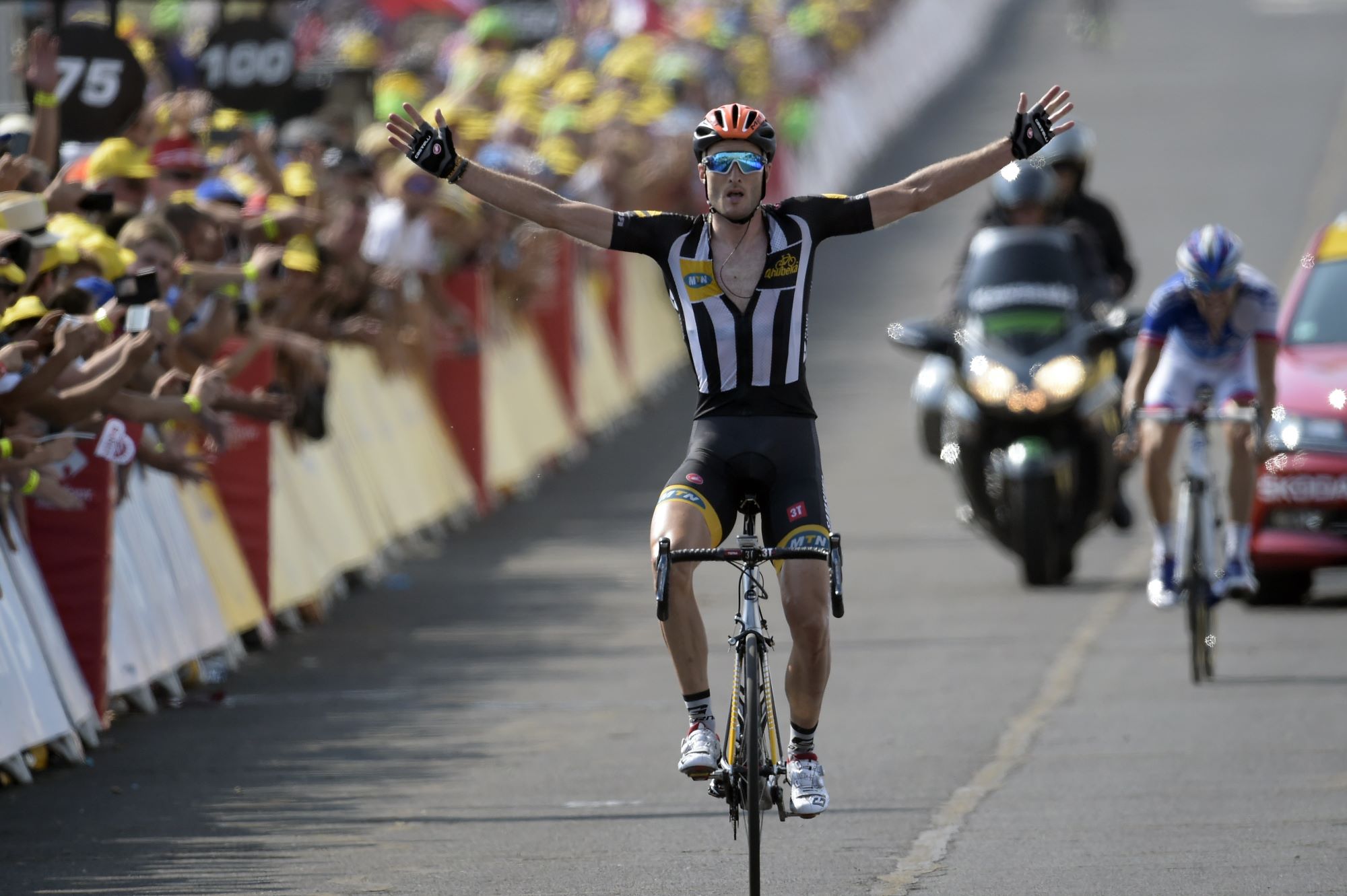 'A stage win in the Tour de France really changed my profile': Steve Cummings on working as a chef, idolising Michele Bartoli, and playing football like Trent Alexander-Arnold
'A stage win in the Tour de France really changed my profile': Steve Cummings on working as a chef, idolising Michele Bartoli, and playing football like Trent Alexander-ArnoldJayco-AlUla Sports Director discusses his most significant career victory and how he got into cycling
By Tom Thewlis
-
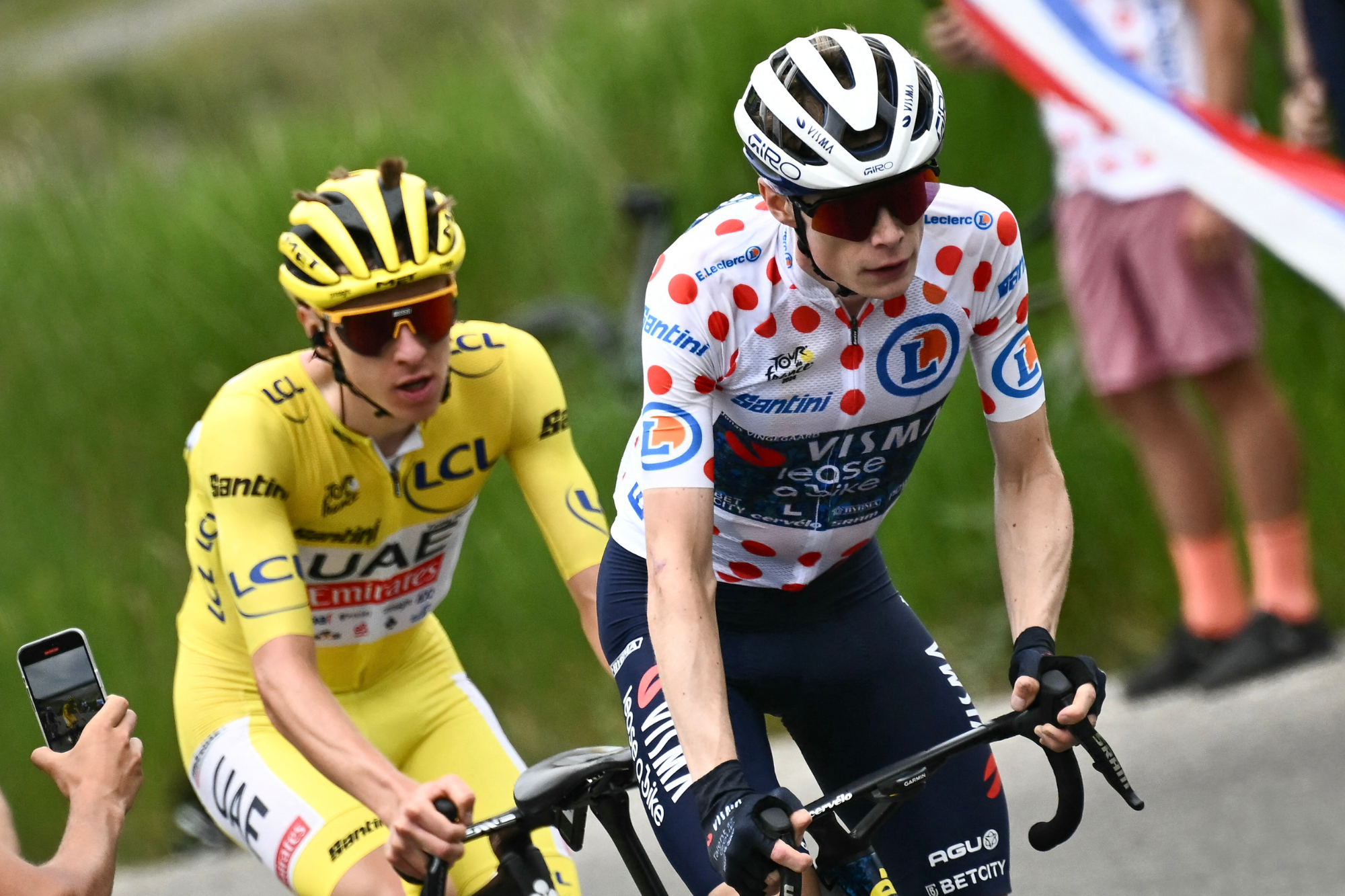 Cycling coverage is getting much more expensive in the UK – tell us what you think
Cycling coverage is getting much more expensive in the UK – tell us what you thinkEurosport is closing down in the UK and there will be no more free-to-air Tour de France coverage in Britain from 2026
By David Bradford
-
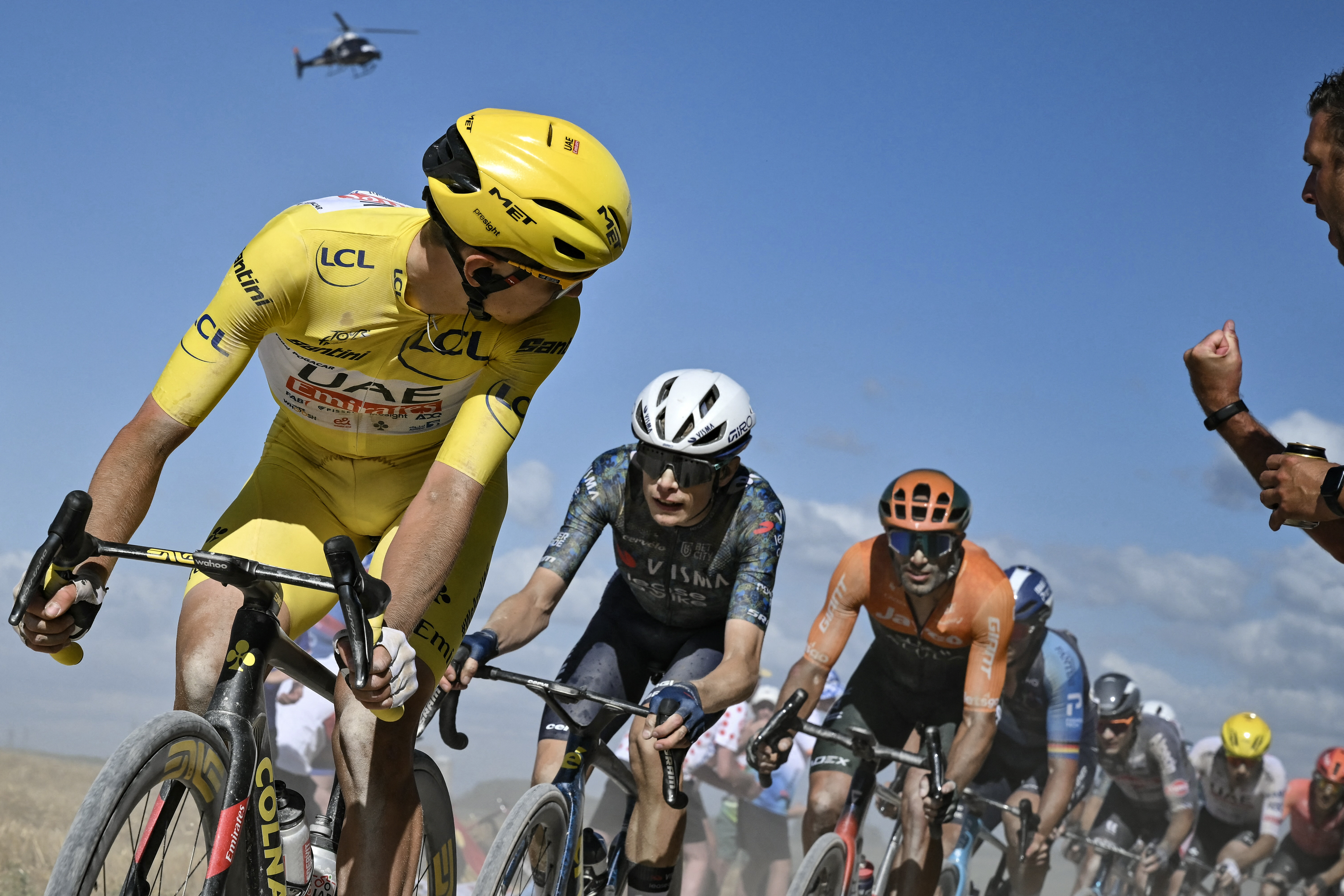 No free-to-air live coverage of Tour de France in UK from 2026, broadcaster confirms
No free-to-air live coverage of Tour de France in UK from 2026, broadcaster confirmsWarner Bros. Discovery (WBD) boss says free coverage of the Tour is “not on our road map”
By Tom Davidson
-
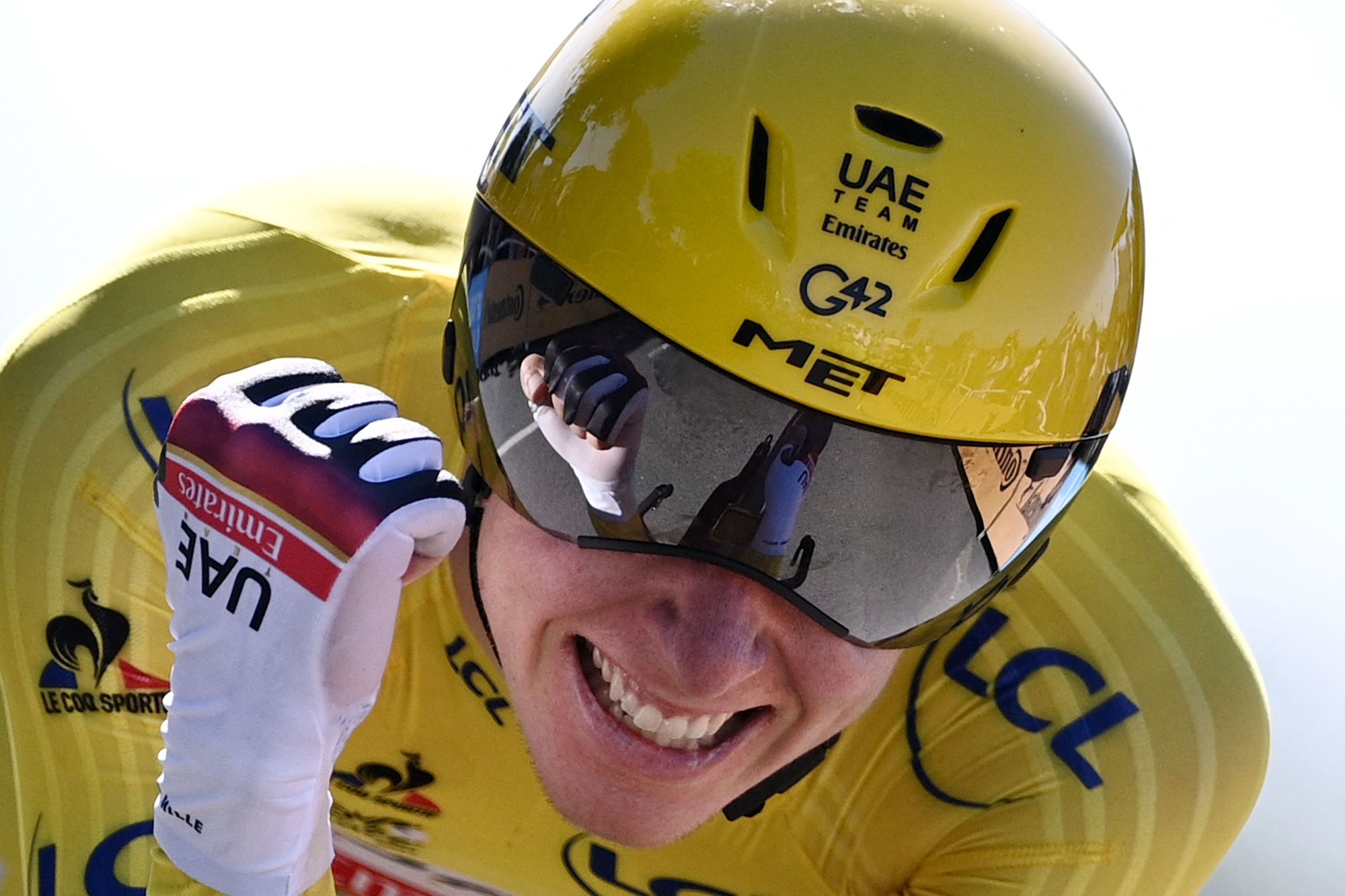 Former Tour de France yellow jersey maker placed into receivership
Former Tour de France yellow jersey maker placed into receivershipLe Coq Sportif also produced kit for the French Olympic Federation during Paris 2024
By Tom Thewlis
-
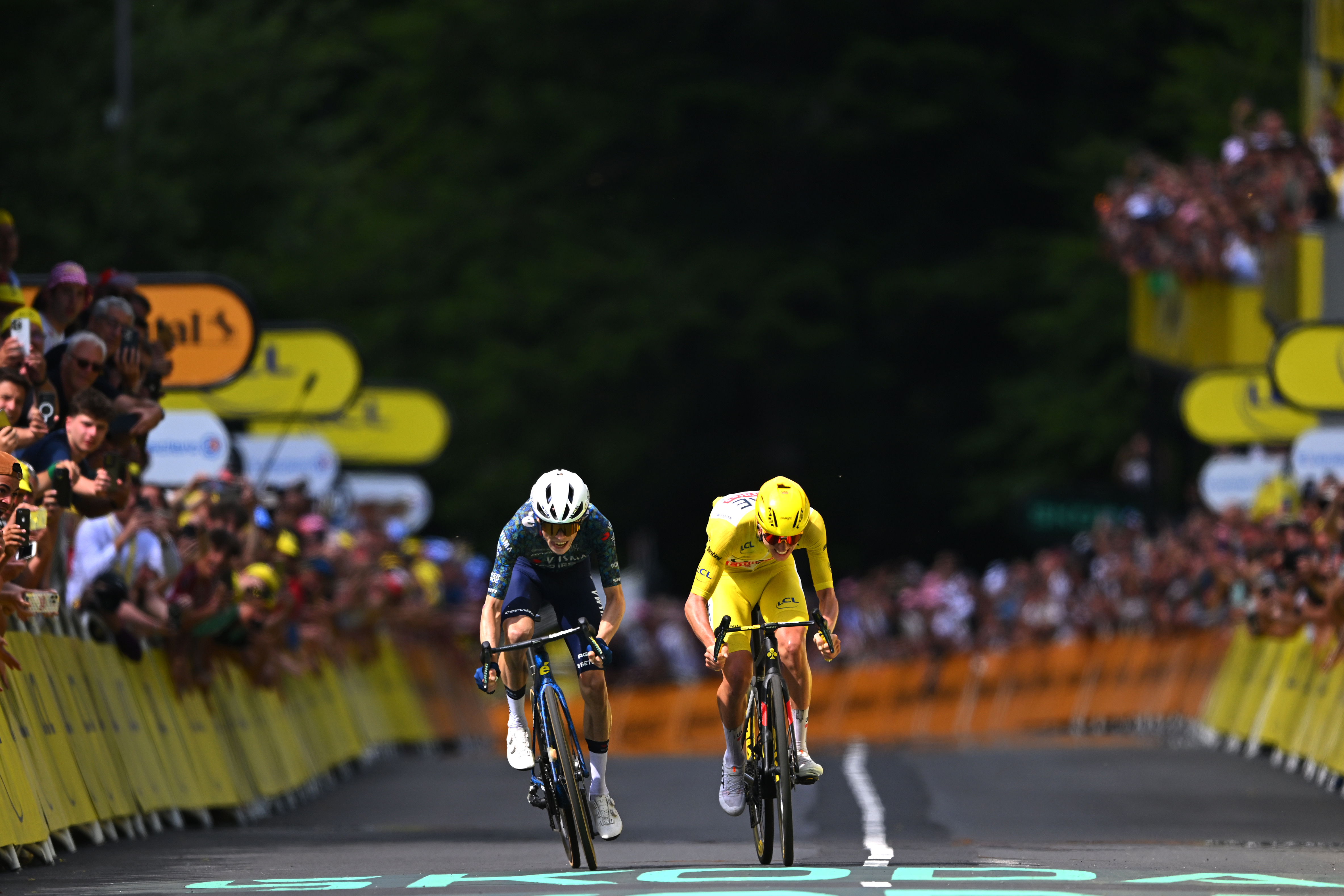 Tour de France 2025 route: Pyrenees triple, Mont Ventoux return and Alps climax on menu
Tour de France 2025 route: Pyrenees triple, Mont Ventoux return and Alps climax on menuRace to take place 5-27 July, with Grand Départ in Lille, before an anti-clockwise route
By James Shrubsall